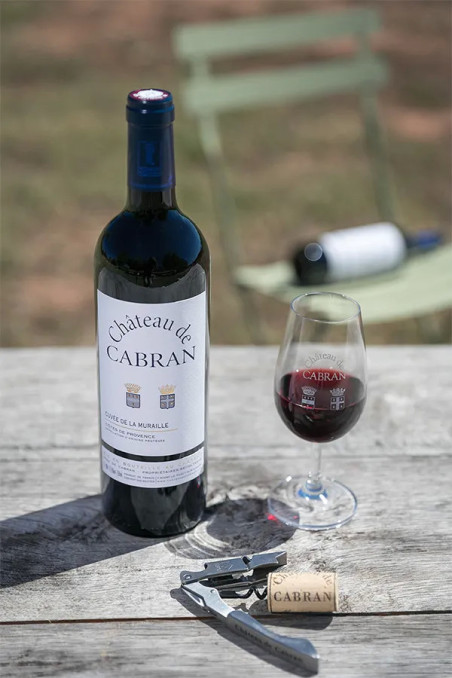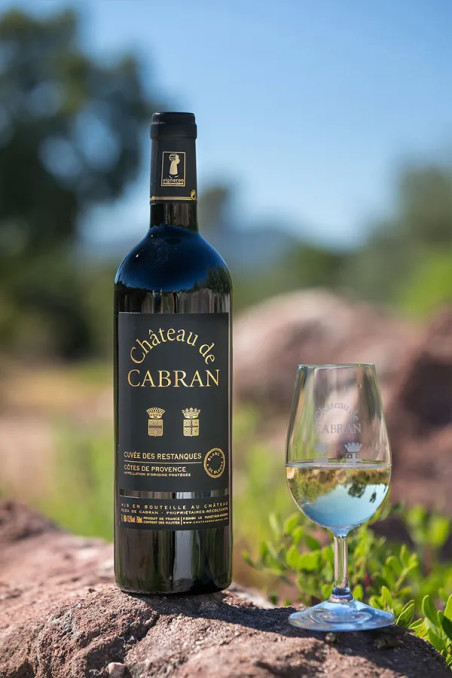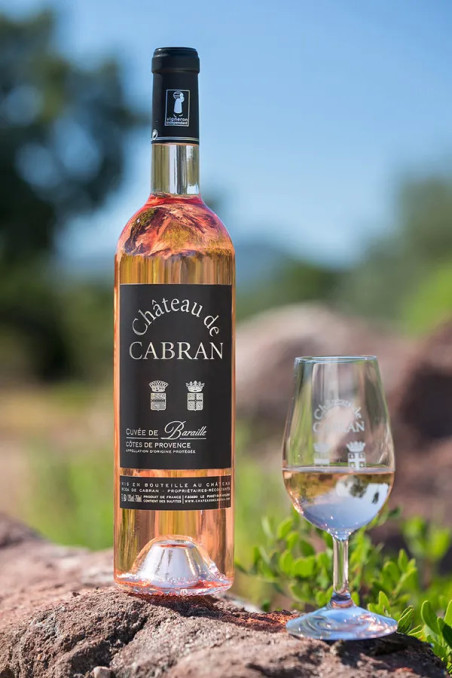Le Château de Cabran
A two-hundred-year-old vineyard
Just outside Fréjus, in the village of Le Puget-sur-Argens, The Château de Cabran is reached by a narrow road winding through garrigue, pine forest and cork oaks. A very old country house built of fine local stone houses the cellar and overlooks the vines, which have been cultivated by the same family since 1820. Renaud de Saint-Seine, an ardent protector of the terroir, produces wines of character, typical of the know-how of Provence.
.webp)
A unique terroir
The estate boasts some exceptional geological conditions, some of the rarest in the world. The Estérel, a volcanic massif bathed in sea breezes, gives the vines rigour and finesse. The land is made up of eruptive rocks and lava flows, rhyolite and dolerite. It is the intermingling of these two forms of volcanic debris that is unique. As a result, the soil is rich in minerals but poor in organic elements, so yields are low, which is a factor in quality.
Typical grape varieties,
bold blends
We mainly grow varieties that are emblematic of Provence, such as mourvèdre, cinsault, tibouren and rolle, as well as more traditional varieties such as syrah and cabernet-sauvignon. However, we never shy away from daring blends, following in the footsteps of our great-great-grandmother, who had the idea of combining cabernet-sauvignon (a powerful Médoc grape variety) and mourvèdre (a spicy grape variety originally from Spain). This original blend still makes up our most distinguished red cuvée: The Vigne Haute.

Traditional winemaking,
modern equipment
Rosé wines are mainly made by direct pressing, a meticulous process that does not involve prior maceration, during which the skins give the juice a light, slightly pink colour. Some of our red, rosé and white cuvées are vinified and matured in oak barrels selected with the greatest care according to their function (which will never be to give a strong taste of wood).
The cellar is equipped with a pneumatic press and a powerful cooling system. These modern techniques bring finesse and aromatic complexity to our wines and enable us to considerably reduce the risk of oxidation, and therefore the use of sulphites. Our wines comply with the most demanding labels in this area.
At Cabran, we were already talking about our quest for greater naturalness in... 1986.

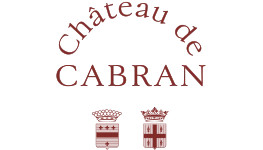

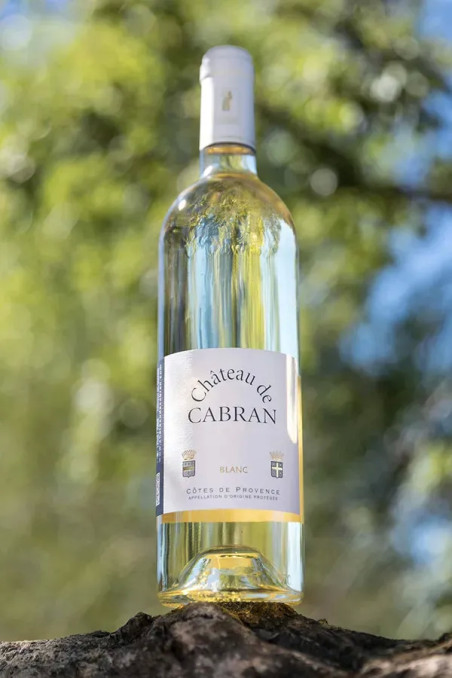
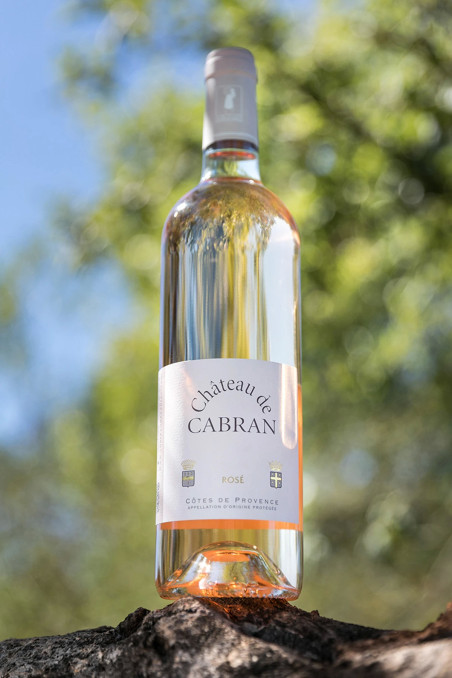
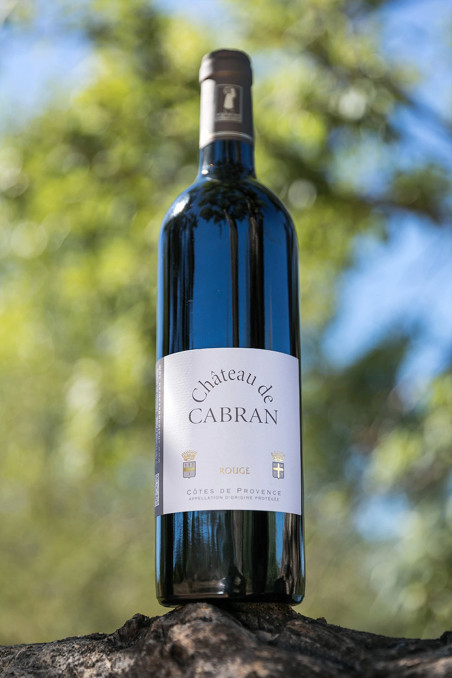
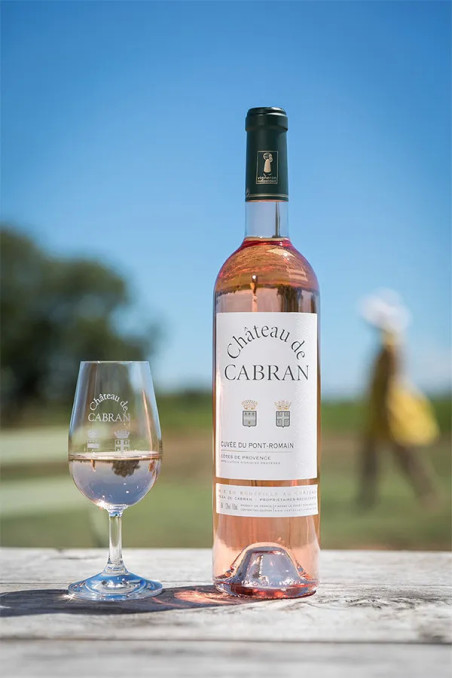
![[Magnum] Cuvée du Pont-Romain](https://chateaudecabran.com/91-medium_default/magnum-cuvee-du-pont-romain.jpg)
